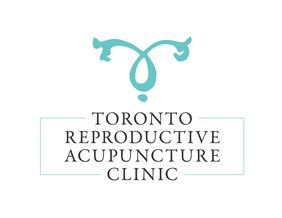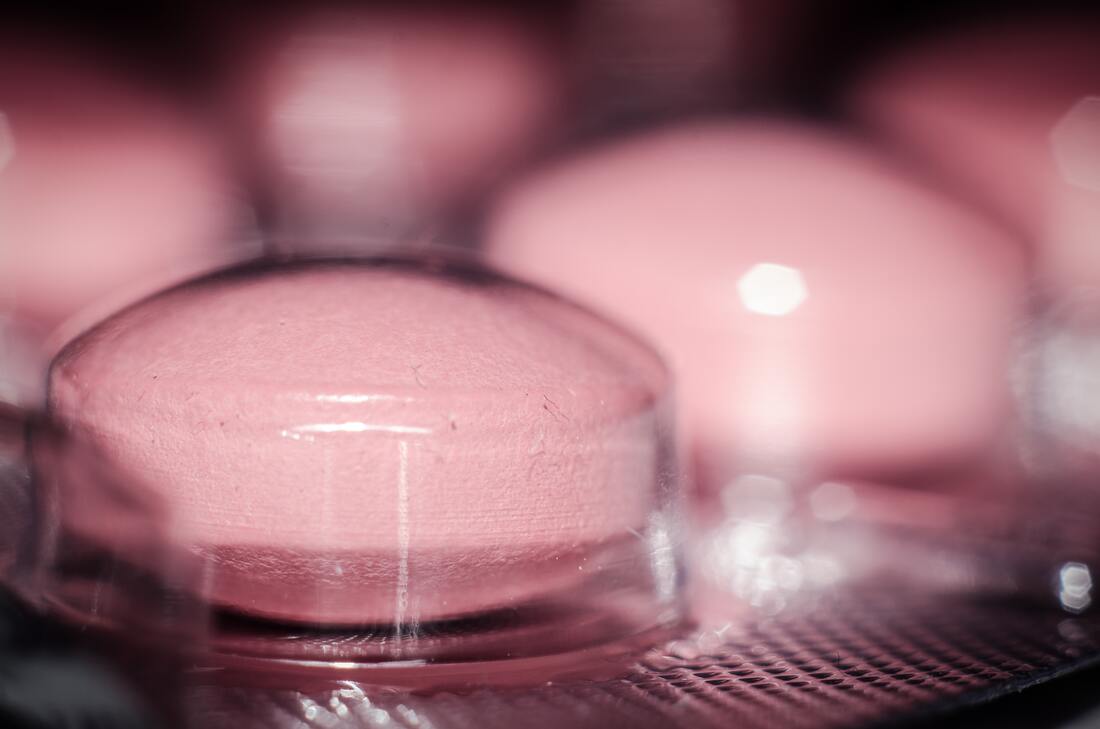|
Getting off the pill - Authored by Sonam Patel RTCMP RAc - Registered Traditional Chinese Medicine Practitioner and Acupuncturist Are you someone who is planning on getting off the pill, but aren’t sure of what will happen to your body and menstrual cycles if you do? Maybe you want to work towards conceiving a child in the foreseeable future? Whatever your reason may be to discontinue your use of hormonal birth control, you might find yourself affected by the return of undesirable symptoms from before you began taking the pill, or new issues could arise. The intended purpose of oral contraceptive pills (OCPs) is of course to avoid pregnancy, but there are a number of other reasons that doctors prescribe them. Women who are experiencing severe cramps, heavy periods, or acne are given this type of medication in order to relieve their symptoms. One issue with this is that although it appears as though the problem has been fixed, it is only being temporarily managed. In other words, you’re putting a bandaid on it and the root cause is not being addressed. Secondly, taking these pills comes with the possibility of developing a number of side effects, including headaches/migraines, weight gain, decreased libido, or mood changes (not to mention the associated higher risk of serious health issues like blood clots and breast cancer). Furthermore, simply discontinuing the use of OCPs does not necessarily mean you are in the clear. Many women experience post-pill symptoms that they never dealt with even before taking them. Types of birth control pills There are many brands of OCPs out on the market, but do you know how they differ from one another? Doctors don’t always take the time to explain why they are prescribing a certain type of pill, and not a lot of women realize that there is a difference, or even how they are really going to be affected by them. Hormonal birth control pills are made up of synthetic forms of certain hormones to mimic the naturally-occurring ones that are produced by our own bodies. They include estrogen, progesterone (progestin is the synthetic form), or a combination of both. Most commonly, combination pills are given in 21 day packs, followed by 7 days of sugar pills to mark the days in the cycle (or no pills if you can remember when to start the next pack). The ratio of each component within the pills in one pack separate them into mono-, bi-, and even triphasic types. With monophasic pills, the ratio stays the same across the 21 days. Biphasic and triphasic types have 2 and 3 different ratios (respectively) of estrogen to progestin components. These pills must be taken with care, in the appropriate order to work as intended. The advantage with phasic pills is that an overall lower dosage of synthetic hormones is administered, which in turn can decrease the possible side effects or their severity. How do they work? As mentioned above, OCPs deliver synthetic hormones into your body. These imposters cause the hormone receptors in your body to detect estrogen and progesterone, effectively shutting down your natural production of them. This is not “regulating” your hormones or “fixing” your periods, but just duping your body into thinking it’s doing the job it was meant to do and not allowing it to properly function! The hormones in the pills work to inhibit pregnancy by suppressing follicular development and ovulation. So if an egg is not released, then no embryo can be formed and implanted in the uterus, and therefore no chance of pregnancy. Additionally, the hormones thicken the cervical mucus to make it harder for the sperm to travel up the cervix, and thin out the endometrial lining so that it becomes a less nutrient-rich environment for implantation. However, there is always the chance of human error when it comes to taking a pill at (roughly) the same time every day, so as a method of contraception alone, it is not 100% fool-proof. A study showed that 9 out of 100 females got pregnant while incorrectly taking combination pills, but only 14% of the group was using it for non-contraceptive related reasons. The Aftermath Unfortunately, after being on OCPs for extended periods of time, women stop taking them and experience a plethora of issues including unbalanced hormones, digestive upset, and fertility problems. Directly after getting off the pill, many women have irregular cycles and may even go for months without a period (amenorrhea), making it very difficult to conceive. This can be combined with other issues such as acne, impaired metabolism & weight changes, diminished sex drive, altered mental state (and often depression), and the list goes on. Not only this, but a lot of essential nutrients in our bodies have been depleted, leading to other deficiencies. What can be done? First off - don’t panic, all hope is not lost. If you’re looking to find some natural solutions to combat those pill-induced consequences, here are some good starting points:
Are you interested in learning more about getting off the pill with natural support? Book your free 30 minute consultation with me today! References
Gebel Berg E. The Chemistry of the Pill. ACS Cent Sci. 2015 Mar 25;1(1):5-7. doi: 10.1021/acscentsci.5b00066. Epub 2015 Mar 23. PubMed PMID: 27162937; PubMed Central PMCID: PMC4827491 Cooper DB, Adigun R, Mahdy H. Oral Contraceptive Pills. [Updated 2019 Aug 14]. In: StatPearls [Internet]. Treasure Island (FL): StatPearls Publishing; 2019 Jan-. PMID: 28613632; ID: NBK430882 Bartlett E & Erlich L. Feed Your Fertility: Your Guide to Cultivating a Healthy Pregnancy with Chinese Medicine, Real Food, and Holistic Living. 2015 Fair Winds Press
4 Comments
|
Copyright © Toronto Reproductive Acupuncture Clinic. All Rights Reserved | Privacy Policy


 RSS Feed
RSS Feed